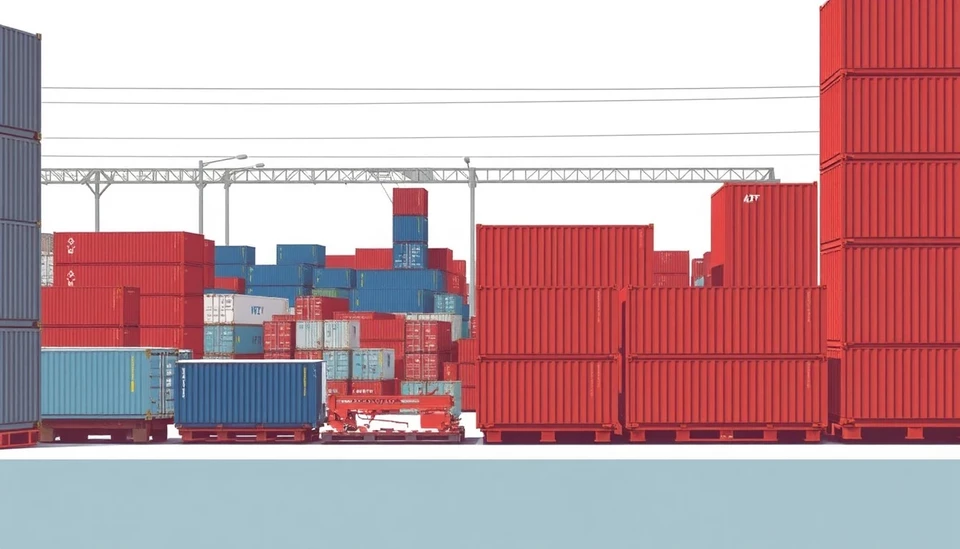
In a developing saga concerning trade policies under former President Donald Trump, a new analysis reveals that the tariffs implemented during his administration are exerting significant pricing pressures on small businesses across the United States. As these companies grapple with increased costs, many are forced to make tough decisions that could impact their pricing strategies and bottom-line profits.
The tariffs, originally aimed at protecting American industries from foreign competition, have had the unintended consequence of raising costs for small enterprises relying on imported materials and goods. A comprehensive study conducted by economic analysts indicates that small businesses, particularly those in manufacturing and retail sectors, are feeling the heat more than their larger counterparts, as they often lack the same financial resilience to absorb higher costs.
According to the report, many small business owners have been confronted with a grim reality: either they raise prices to maintain profit margins or they absorb the additional costs at the risk of jeopardizing their financial stability. This dilemma has led to increased uncertainty in the marketplace, with potential long-term repercussions for both consumers and the economy overall.
Numerous small business owners have articulated their struggles. For instance, one retail shop owner stated that they have witnessed a 20% increase in costs for imported merchandise since the tariffs were introduced. This surge has resulted in the difficult choice of either passing these costs onto consumers or reducing the quality of products offered — a decision that can harm customer loyalty and sales volume.
In light of these challenges, many small businesses have begun exploring alternative strategies to mitigate the effects of the tariffs. Some are seeking local suppliers, while others are investing in technology to streamline operations and reduce costs. However, these adjustments come with their own set of challenges, as many small businesses lack the capital or resources to make substantial changes quickly.
The overall landscape suggests that while larger corporations may have the bandwidth to absorb shifts in the market, small businesses are at a disadvantage, thereby spotlighting the need for government intervention. Advocates for small businesses are calling for a reassessment of current tariffs and the implementation of policies that better support these essential players in the economy.
As the implications of these tariffs continue to unfold, the small business sector remains at a critical juncture. Owners and stakeholders are left to navigate the murky waters of increased costs and heightened competition, raising questions about the viability of their businesses and the broader economic environment as a whole.
Overall, the discussions surrounding the consequences of Trump's tariffs illustrate not only the immediate challenges faced by small businesses but also the foundational shifts that may ultimately redefine how they operate in the future. The call for more supportive measures has never been more urgent, as the survival of this vital sector relies on the ability to adapt and thrive amidst ongoing economic challenges.
#TrumpTariffs #SmallBusinessStruggles #EconomicImpact #TradePolicy #PricingPressure #SupportLocalBusinesses
Author: Rachel Greene




